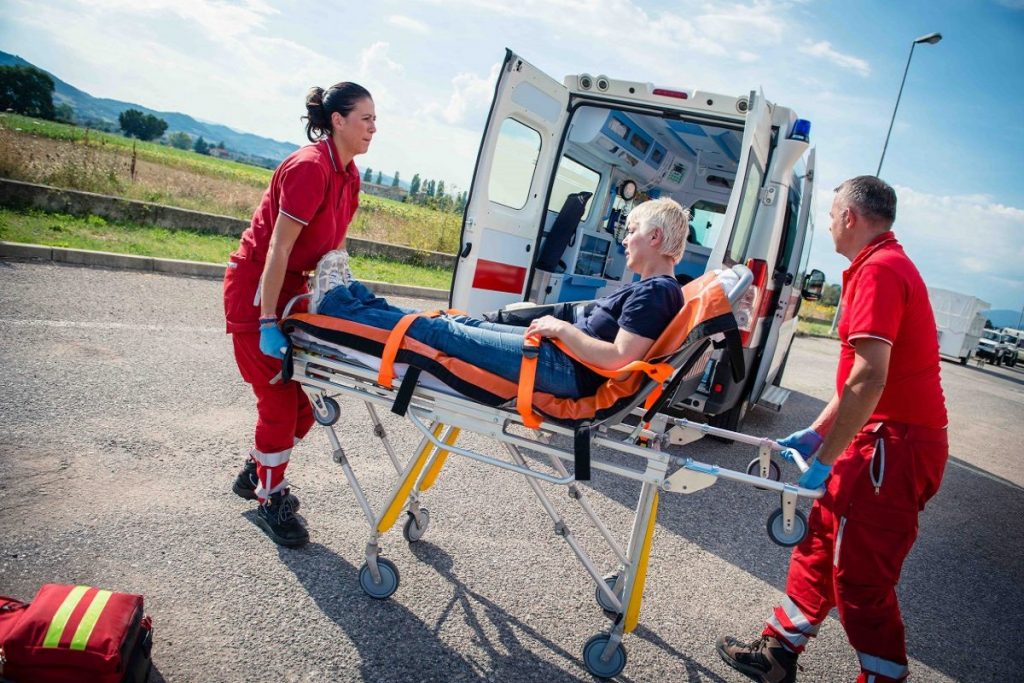It pulls on every one’s heart strings when millions are displaced due to natural disaster. From hurricanes, fires, tsunamis, earth quakes, to even volcano eruptions, the pictures of despair on news media are vivid and touching.
Viewers feel like they can’t make a difference in aiding those who need the help. Or worse, they just don’t know what to do to help. Here are a few tried and true ways you can help in any natural disaster.
1. The Red Cross
The Red Cross is an international organization. Their presence is world wide, and they have the skills and resources to quickly respond to any disaster. The Red Cross mainly focuses on immediate needs, such as food, shelter, clothing, medical care, and water.
Donations to the Red Cross are always a great way to help. Even if your money isn’t used directly for the crisis, your funds will replenish the wells so the Red Cross can immediately act the next time something unfortunate happens, not sit and wait for donations before mobilizing. Donations can be made at your local Red Cross station, or through their website, redcross.org.
2. Water Missions International
A Charleston, SC headquartered Christian non-profit organization, Water Missions International uses engineering advances to bring clean water to impoverished areas. Their Living Water Treatment System is portable and fits into the back of a pickup truck.
Water Missions responds after major disasters to restore the one vital element to life: potable water. When not responding to disasters, the funds and donations go to bringing drinkable water to communities around the world in deep poverty. For more information, visit their website at watermissions.org.
3. Your Religious Leadership or Controlling Body
On ordinary days, faith and religion works as a divisive influence. When major disasters happen, religious organizations overlook differences of faith and pull together great outlets for assistance.
First, because major religions have a global presence, the internal infrastructure is usually there to get supplies and funds from one location to another. Your individual place of worship should have more information about your religion’s current relief programs.
4. Medecins Sans Frontieres, or Doctors Without Borders
Natural disasters bring death and serious injuries. Then there is the immediate aftermath where survivors living in poor conditions or temporary housing are susceptible to rapidly spreading bacterial and viral infections. Medecins San Frontieres, better known as Doctors Without Borders in North America, provides emergency medical assistance in disaster areas.
When not dealing with disasters, MSF brings much needed medical care to remote locations in developing countries. Volunteering is not only reserved for medical personnel, they also accept applications from people in logistical areas such as mechanics, engineering, and construction. To donate, or apply to go on a mission, visit their site at msf.org.
Don’t feel like you should do something, and then sit back and use the excuse of you do not know how. The Internet makes reaching out to hard hit areas a simple click of a button.
Typically emergency situations require funds. Not because these relief organizations are greedy. Just an immediate disaster can’t wait for new volunteers to train and learn the organization’s procedures.
You may be concerned about the stewardship of your donation, but be comforted with the fact international relief organizations are literally under world-wide scrutiny. Countries do not grant access to their sovereign land to organizations looking to scam people.
If you are still nervous about donating to a large international organization, contact your religious leader to learn what your faith’s leadership is working on. At least then you will be working with an organization you are comfortable with.

